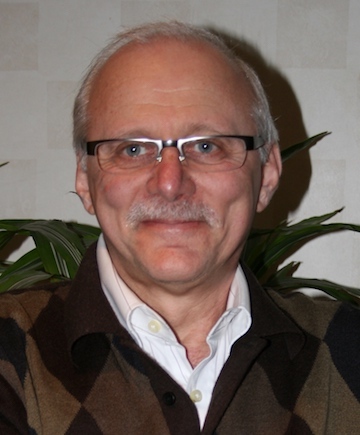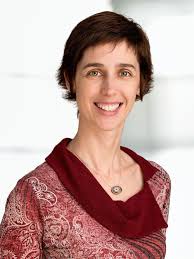Keynotes

Tamer Özsu
University of Waterloo
Keynote Title: Streaming Graph Processing and Analytics
Abstract
Graphs are now ubiquitous as many applications emerge where the relationships among entities are paramount and require being modeled as first-class objects. Graph database systems empower such applications by enabling querying and processing both the data stored on the graph and its topology, and they have gained significant attention both in industry and academia. The graphs used in many modern applications are not static and not fully available for analysis; rather the graph vertices and edges are streamed, and the graph “emerges” over time. These are called streaming graphs. Processing and analyzing streaming graphs are challenging, because the difficulties of streaming combine with the complexities of graph processing. In this talk, I have two objectives. First is the introduction and positioning of the problem and the environment. The second is to highlight some of our recent work in this area within the context of s-Graffito project.
Biography
M. Tamer Özsu is a University Professor at the Cheriton School of Computer Science at University of Waterloo. Previously, he was the Director of the Cheriton School and Associate Dean (Research) of the Faculty of Mathematics. Before Waterloo, he spent 16 years at the University of Alberta. His research is on distributed data management and the management of non-conventional data. He is a Fellow of the Royal Society of Canada, American Association for the Advancement of Science, ACM and IEEE, an elected member of Academy of Science of Turkey and a member of Sigma Xi. He currently holds a Cheriton Faculty Fellowship at the University of Waterloo.

Joelle Pineau
MILA / McGill / Facebook AI Research
Keynote Title: Building Reproducible, Reusable, and Robust Machine Learning Software
Abstract
We have seen significant achievements with machine learning in recent years. Yet reproducing results for state-of-the-art deep learning methods is seldom straightforward. High variance of some methods can make learning particularly difficult. Furthermore, results can be brittle to even minor perturbations in the domain or experimental procedure. In this talk, I will review challenges that arise in experimental techniques and reporting procedures in deep learning, with a particular focus on reinforcement learning. I will also describe several recent results and guidelines designed to make future results more reproducible, reusable and robust.
Biography
Joelle Pineau is a faculty member at Mila and an Associate Professor and William Dawson Scholar at the School of Computer Science at McGill University, where she co-directs the Reasoning and Learning Lab. She is also co-Managing Director of Facebook AI Research, and the director of its lab in Montreal, Canada. She holds a BASc in Engineering from the University of Waterloo, and an MSc and PhD in Robotics from Carnegie Mellon University. Dr. Pineau’s research focuses on developing new models and algorithms for planning and learning in complex partially-observable domains. She also works on applying these algorithms to complex problems in robotics, health care, games and conversational agents. She serves on the editorial board of the Journal of Artificial Intelligence Research and the Journal of Machine Learning Research and is Past-President of the International Machine Learning Society. She is a recipient of NSERC’s E.W.R. Steacie Memorial Fellowship (2018), a Fellow of the Association for the Advancement of Artificial Intelligence (AAAI), a Senior Fellow of the Canadian Institute for Advanced Research (CIFAR), a member of the College of New Scholars, Artists and Scientists by the Royal Society of Canada, and a 2019 recipient of the Governor General’s Innovation Awards.
Important Dates
| Events | Dates |
|---|---|
| Tutorial Proposal Submission | |
| Abstract Submission for Research Track | |
| Research and Industry Paper Submission | |
| Grand Challenge Solution Submission | |
| Author Notification Industry Track | May 3rd, 2020 |
| Author Notification Research Track | |
| Doctoral Symposium Submission | |
| Poster & Demo Submission | |
| Camera Ready for All Tracks | |
| Conference | July 13th – 17th, 2020 |
